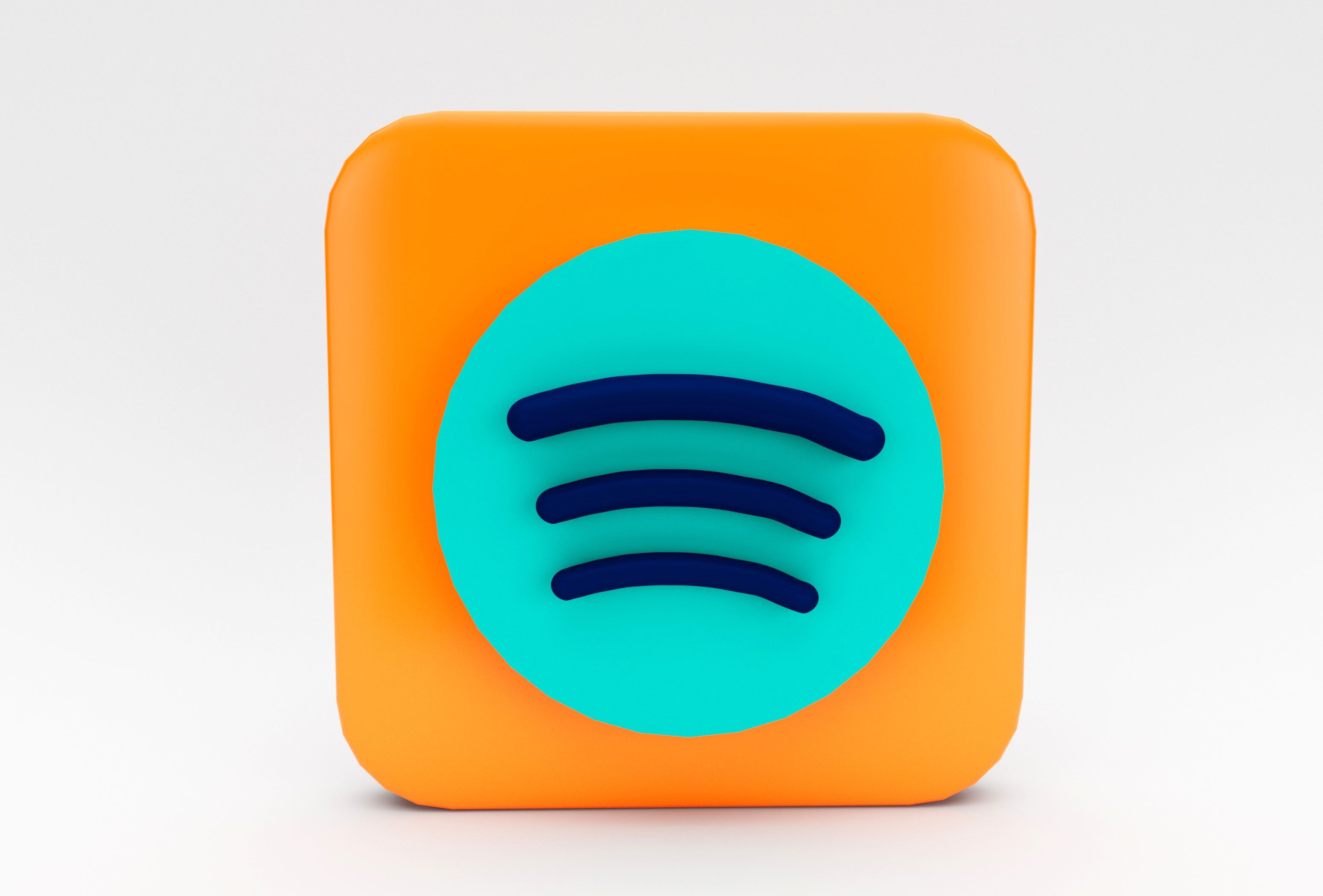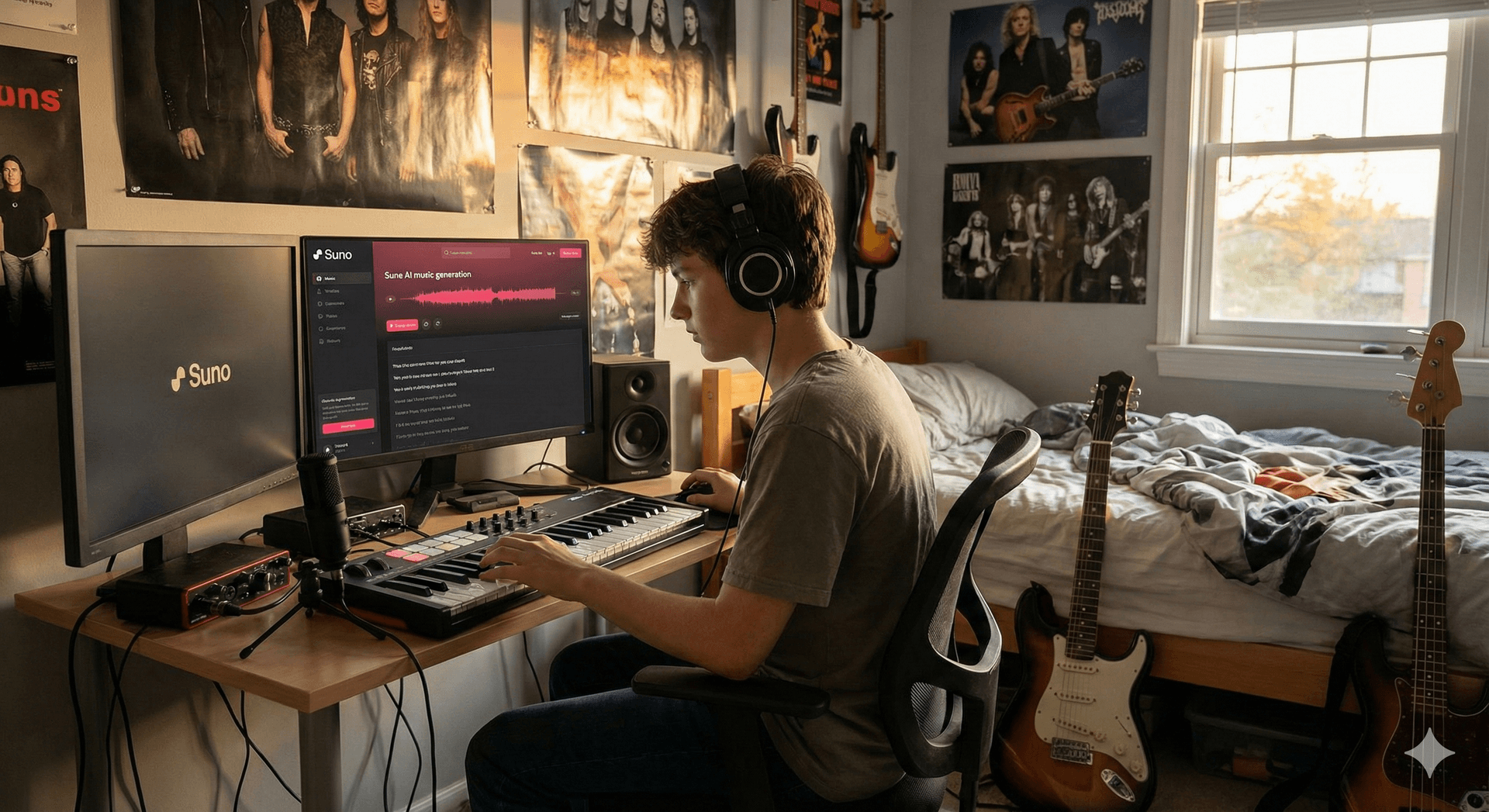Spotify's Bold Move: Removing 75 Million Spamy AI-Generated Songs
Introduction
Spotify recently made headlines by removing 75 Million AI-generated songs from its platform. This decision has sparked discussions across the music industry, raising questions about the role of artificial intelligence in music creation. While AI has provided exciting opportunities for creativity and innovation, Spotify's actions highlight the challenges and potential downsides of its integration into the music world.

The Rise of AI in Music
Artificial intelligence has revolutionized various sectors, and the music industry is no exception. AI-generated music offers limitless possibilities, from composing background scores to creating full-fledged songs. Companies have embraced AI technologies to churn out music quickly and efficiently, often at a lower cost compared to traditional methods.
AI algorithms analyze vast amounts of data, learning from existing compositions to create music that mirrors various genres and styles. This technology allows for the rapid production of music, which can be particularly appealing for platforms looking to expand their libraries.
Spotify's Strategic Decision
Spotify's decision to remove a significant number of AI-generated tracks reflects a bold move in quality control and user experience. The platform aims to ensure that its library maintains a standard that satisfies its listeners. By curating its content, Spotify hopes to prevent its catalog from being overwhelmed by potentially low-quality or repetitive AI music.

Additionally, this move could be a response to concerns from artists and labels about the impact of AI music on royalties and recognition. By prioritizing human-created content, Spotify may be addressing these concerns while fostering a more balanced ecosystem.
Implications for the Music Industry
Spotify's actions could set a precedent for other streaming platforms, prompting them to reevaluate their stance on AI-generated music. This decision may encourage more discussions around the ethics and authenticity of AI-created content in the music industry.
While AI has the potential to democratize music creation, providing tools for those without formal training, there is also a risk of saturating the market with indistinguishable tracks. Striking a balance between embracing innovation and maintaining quality will be crucial for industry leaders.

The Future of AI and Music
Moving forward, the music industry will likely continue to explore the integration of AI, but with more scrutiny and regulation. Companies may consider partnerships with AI developers to enhance creativity while ensuring quality standards are met.
For artists, understanding and leveraging AI could open new avenues for creativity, allowing them to experiment with sounds and compositions they might not have otherwise explored. As technology evolves, so too will the ways in which artists and platforms harness its potential.
Conclusion
Spotify's removal of AI-generated songs is a significant step in the ongoing conversation about technology's role in art. As the music industry grapples with these changes, stakeholders must consider how to best integrate AI without compromising the essence of music. The key will be finding equilibrium between embracing innovation and preserving artistic integrity.
